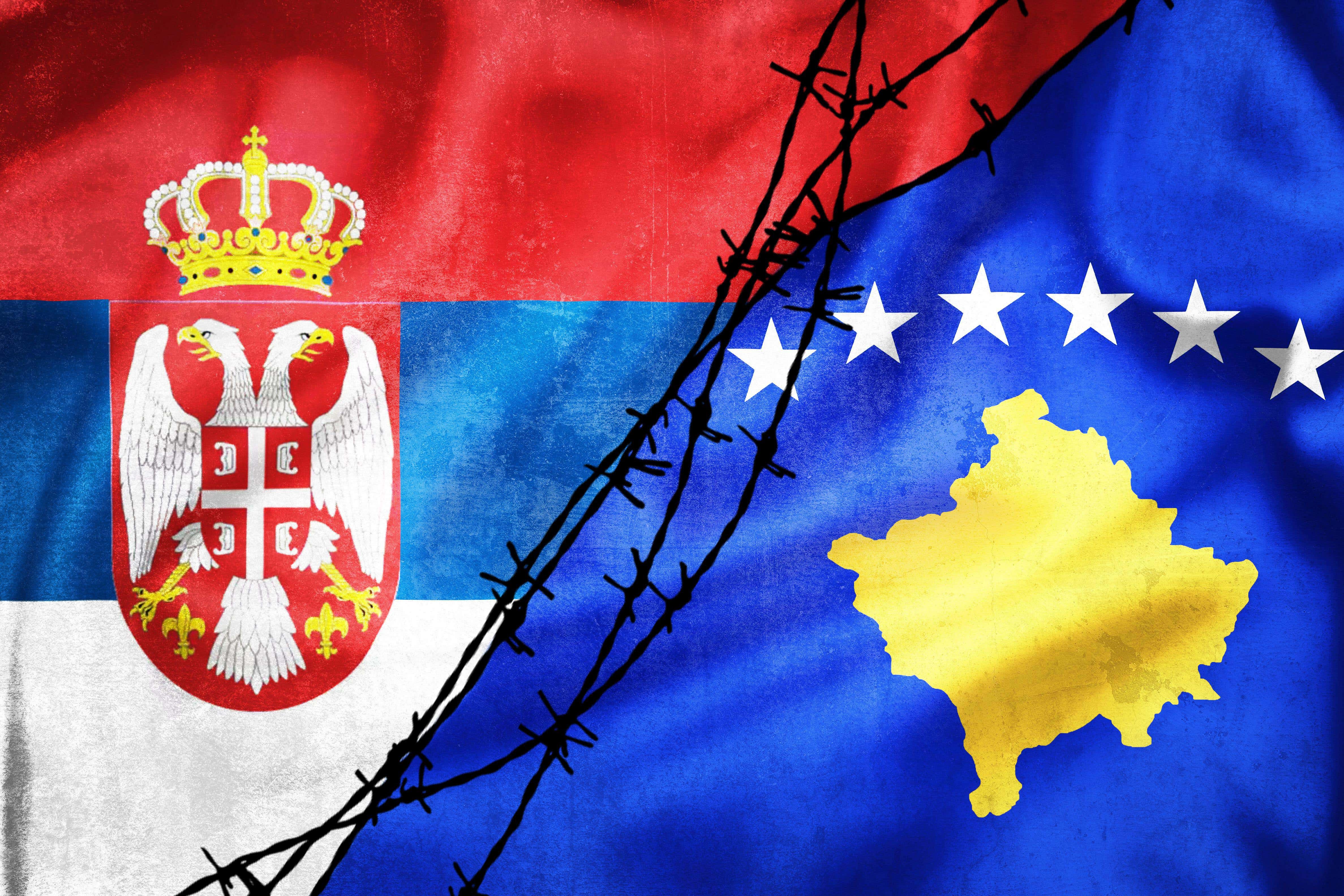UK warned to pay more attention to risks of conflict in the Balkans
Foreign Affairs Committee chairwoman Alicia Kearns has warned of the Balkans becoming the site of a ‘third global, major conflict’.

The UK must pay more attention to the Balkans amid risks of destabilisation in the European region, the chairwoman of the Foreign Affairs Committee has warned.
Conservative MP Alicia Kearns will lead a Commons debate on the south-eastern region of Europe on Thursday, warning it could become the site of a “third global, major conflict”, alongside Ukraine and Gaza, if preventative action is not taken.
“The Balkans matters and if we ignore it, we will end up with a fire on our doorstep,” she told the PA news agency.
Ms Kearns added: “It matters not only for European security, because it is essentially our extended backyard and if there is crisis in the Balkans we will feel it here, it will impact on all of us; and we can’t afford a third global, major conflict, and that is exactly what it would be.”
Ms Kearns pointed to Chinese President Xi Jinping’s visit to Serbia in recent days among the developments which suggest tensions around the region could rise.
A new pro-Russian government has come to power in Serbia, which some fear could lead to clashes with the West.
Discussions at the UN about officially marking the 1995 Srebrenica massacre in Bosnia and Herzegovina have also recently proved a point of contention, with Russia and Serbia seeking to oppose a resolution on the matter.
Foreign policy comes at you fast, but the problem is too often foreign secretaries think that foreign policy is something you just respond to
Meanwhile Kosovo, which declared independence from Serbia in 2008, is in talks to join the Council of Europe, signalling a closer relationship with Western countries.
Ms Kearns suggested Russia intended to sow chaos in the region, telling PA: “It is all about creating as many theatres of conflict as they can. I have given many speeches where I have talked about the fact that for Russia, if Ukraine wouldn’t go well, I would destabilise the Balkans.”
While she acknowledged that the British Government was engaged in ongoing political efforts in Ukraine and Israel, among other places, she warned of the need to take preventative steps in the Balkans too.
“Foreign policy comes at you fast, but the problem is too often foreign secretaries think that foreign policy is something you just respond to,” she said.
“It is not, we have the ability to shape it and we have the ability to mitigate the worst excesses. We have to actively choose to do so.”
Bookmark popover
Removed from bookmarks